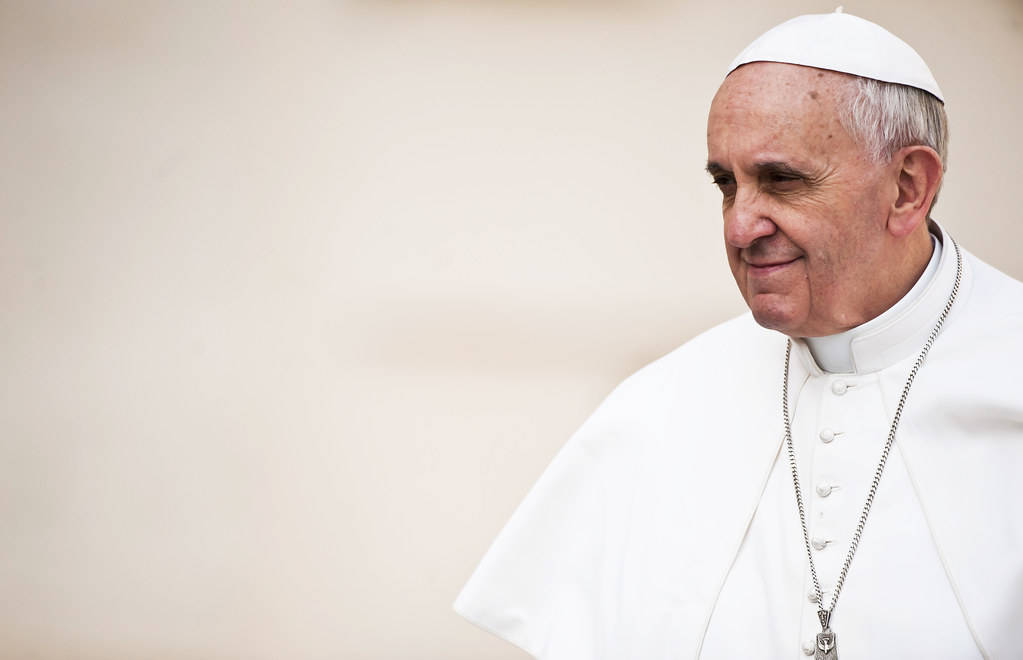
Pope Francis, the Argentine Jesuit who became the first Roman Catholic pope from the Americas, passed away on Wednesday at the age of 88, according to an announcement by the Vatican. The news was shared by Cardinal Kevin Farrell in a video address, in which he expressed deep sorrow. Farrell explained that at 7:35 AM, the Bishop of Rome returned “to the house of the Father” after a life dedicated to the service of the Lord and His Church. The Vatican confirmed that Pope Francis passed away at his residence in Casa Santa Marta in the Vatican. His funeral arrangements are set, with Pope Francis expected to be buried at the Basilica of St. Mary Major in Rome. His death follows a period of declining health, with multiple hospitalizations over the last few years. Pope Francis had been in poor health since February 2025, and was hospitalized in mid-February with bronchitis and later diagnosed with pneumonia. His condition worsened due to a combination of chronic bronchitis, bacterial, viral, and fungal infections. Despite these health issues, he continued his papal duties for months, until his final days.
Pope Francis’ Impact on the Catholic Church
Pope Francis made history not only as the first non-European pope in over a millennium but also as a progressive voice within the Catholic Church. He was elected as the 266th pope of the Roman Catholic Church in 2013 after the retirement of Benedict XVI. His papacy was marked by calls for inclusivity, social justice, and reform. Under his leadership, the Church faced a multitude of challenges, including rising tensions around issues such as LGBTQ+ rights, abortion, and women’s roles in the Church. His stance on controversial topics often broke with tradition, as he advocated for a more open and accepting Church, one that welcomed all people, regardless of their backgrounds or struggles. Pope Francis consistently emphasized the importance of mercy, forgiveness, and love—principles that resonated with many across the globe.
A Health Struggle and Resilience
Pope Francis had long struggled with health issues, including complications from a previous lung surgery in his youth, and underwent several surgeries during his papacy. Despite his ongoing health problems, including respiratory issues, he remained committed to his role as the head of the Church, continuously prioritizing his duties over his personal health. His perseverance in the face of such difficulties became a symbol of his dedication to his mission. However, his health battles had a profound impact on his papacy, particularly as he was hospitalized multiple times for various surgeries and treatments.
Author’s Opinion
Pope Francis will be remembered as a revolutionary figure in the Church, not just for his background and his historic role but for his dedication to inclusivity and reform. His efforts to make the Catholic Church more open to the modern world—by advocating for LGBTQ+ rights, pushing for gender equality within the Church, and calling for a more compassionate and understanding approach to controversial issues—have left a lasting impact. Though his tenure was marked by a mix of both challenges and triumphs, his ability to lead with mercy and humility will likely define his legacy.
Featured image credit: Vitya_maly via GoodFon
Follow us for more breaking news on DMR
